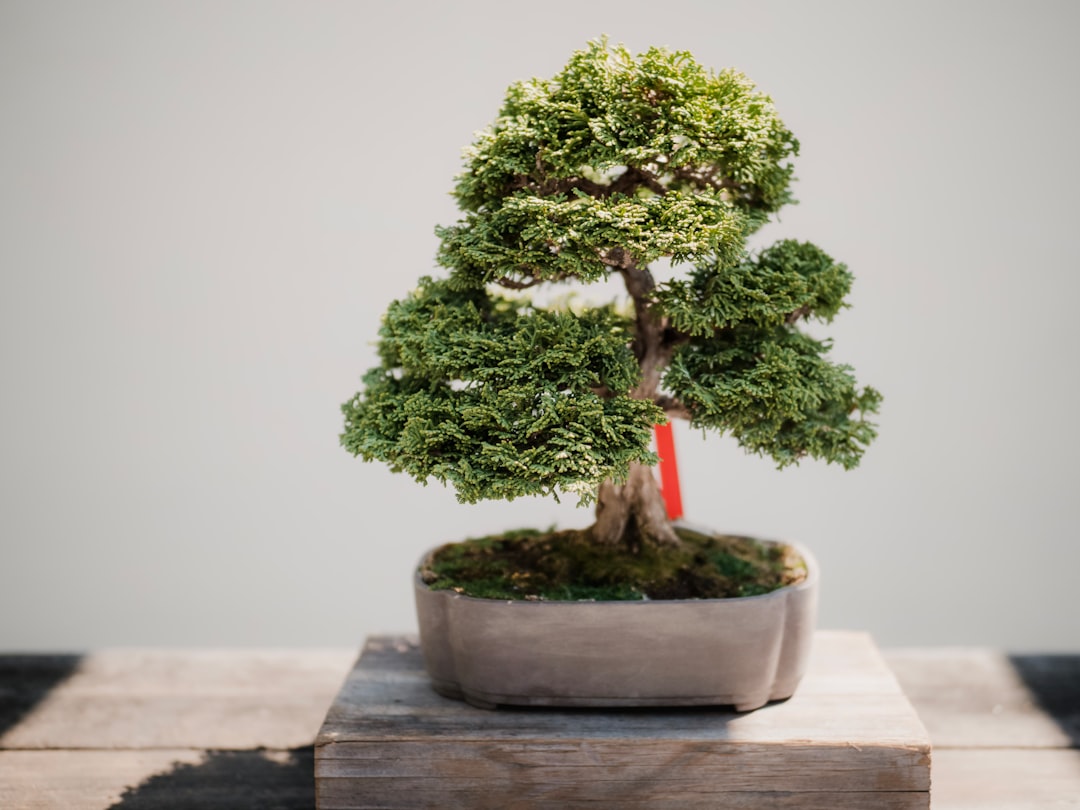Bonsai, the ancient art of cultivating miniature trees, is both rewarding and meditative. However, for beginners, selecting the right tree can be daunting—especially when considering climate conditions. Some bonsai species thrive in warm, humid environments, while others prefer cooler, drier regions. Choosing a tree that suits your local climate will make care and maintenance easier, ensuring a thriving bonsai for years to come.
Below, we explore some of the most beginner-friendly bonsai species, highlighting their adaptability to different climates worldwide.
Best Beginner Bonsai for Different Climates
1. Ficus (Ficus spp.) – Ideal for Warm and Indoor Climates
-
Climate Suitability: Tropical and subtropical regions; also great for indoor growing.
-
Why It’s Beginner-Friendly: Ficus trees are incredibly resilient and forgiving. They tolerate a wide range of conditions, can thrive with minimal pruning, and are resistant to pests and diseases. Their ability to grow indoors makes them a great choice for beginners in cooler climates.
2. Chinese Elm (Ulmus parvifolia) – A Hardy, Adaptable Choice
-
Climate Suitability: Thrives in temperate and subtropical climates; can also be grown indoors with sufficient light.
-
Why It’s Beginner-Friendly: The Chinese Elm is one of the easiest bonsai trees to care for, thanks to its strong root system and flexible growth patterns. It can withstand pruning mistakes and adapts well to different levels of humidity and temperature.
3. Juniper (Juniperus spp.) – Perfect for Outdoor Bonsai in Temperate and Cool Climates
-
Climate Suitability: Prefers outdoor growing in temperate and cooler climates.
-
Why It’s Beginner-Friendly: Junipers are hardy and require little maintenance. They thrive outdoors, making them an excellent choice for those with garden space. Their beautiful, twisting trunks and small needle-like leaves create a classic bonsai look.
4. Japanese Maple (Acer palmatum) – A Stunning Seasonal Bonsai
-
Climate Suitability: Best suited for temperate regions with distinct seasons.
-
Why It’s Beginner-Friendly: Japanese Maples offer stunning seasonal colors, making them a rewarding bonsai choice. While they require protection from extreme heat and cold, they are relatively easy to shape and maintain.
5. Jade (Crassula ovata) – A Drought-Tolerant, Low-Maintenance Option
-
Climate Suitability: Best for warm, arid climates; can also thrive indoors.
-
Why It’s Beginner-Friendly: The Jade tree, a type of succulent, stores water in its thick leaves, making it very forgiving if you forget to water it. It grows slowly and requires minimal pruning, making it an excellent choice for busy beginners.
6. Pine (Pinus spp.) – A Classic Choice for Outdoor Bonsai Enthusiasts
-
Climate Suitability: Thrives in cooler and mountainous regions; requires outdoor placement.
-
Why It’s Beginner-Friendly: Pines are long-lived and develop beautifully with time. They require patience but are very hardy, tolerating a range of environmental conditions. Their needle clusters and rugged trunks give them an iconic bonsai appearance.
Tips for Choosing Your First Bonsai
-
Consider Your Climate: Select a tree that naturally thrives in your region to reduce care challenges.
-
Start with Hardy Species: Beginner-friendly trees like Ficus, Chinese Elm, and Juniper are more forgiving of mistakes.
-
Decide on Indoor vs. Outdoor: Some species, like Ficus and Jade, can live indoors, while others, like Pine and Juniper, require outdoor conditions.
-
Think About Maintenance: Some trees need frequent pruning and shaping, while others grow slowly and require less care.
Final Thoughts
Choosing your first bonsai is an exciting step into a world of patience, artistry, and nature. By selecting a beginner-friendly species suited to your climate, you set yourself up for a successful and enjoyable bonsai experience. Whether you opt for the resilience of a Ficus, the classic beauty of a Juniper, or the seasonal charm of a Japanese Maple, your bonsai journey begins with the right choice.
Are you considering a particular tree for your first bonsai? Let me know in the comments!

Comments
No comments yet. Be the first to comment!
You must be logged in to comment. Login